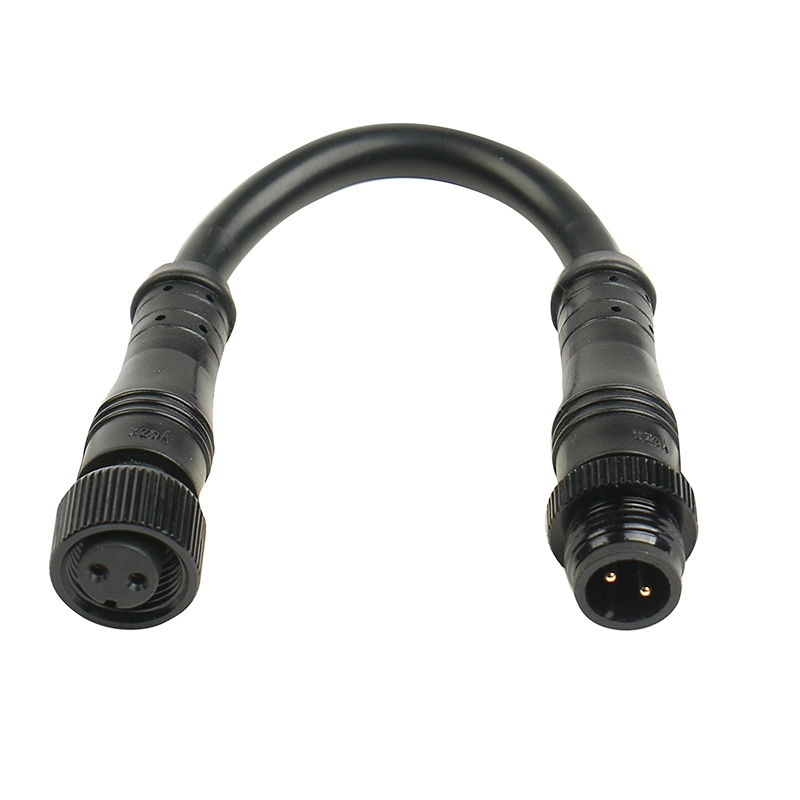News


News

Waterproof Butt Connectors in Automotive Wiring: Preventing Corrosion in Harsh Environm
Release time:2025-04-30
viewed:337
Modern vehicles face increasing demands for waterproof electrical connections, especially in engine compartments and underbody wiring exposed to water splash, road salt, and extreme temperatures. This article explores how waterproof butt connectors provide reliable corrosion protection for automotive wiring, with a focus on EV high-voltage systems.

Challenges in Vehicle Environments
Engine Bay: Heat cycles (up to 150°C) and oil/chemical exposure degrade standard connectors.
Underbody Wiring: Direct water immersion (e.g., flooded roads) and salt corrosion accelerate failure.
EV High-Voltage Systems: Requires IP67/IP68 sealing to prevent short circuits in battery packs and motor wiring.
Failure Risks Without Protection
Corroded terminals increase resistance, leading to voltage drops and overheating.
Moisture ingress causes insulation breakdown, risking electrical fires.
Key Sealing Methods
Heat-Shrink Tubing with Adhesive Lining
Melts to form a watertight seal around splices.
Resists fuels, oils, and -40°C to 125°C temperatures.
Gel-Filled Connectors
Silicone gel blocks water penetration even if the outer shell cracks.
Used in submerged underbody harnesses.
Mechanically Locked IP68 Designs
Threaded or clamped housings for high-pressure washdowns (e.g., car washes).
Material Innovations
Stainless steel crimp barrels resist salt corrosion.
Halogen-free insulation for reduced toxic emissions during fires.
Challenges in Electric Vehicles
600V+ systems demand flawless insulation to prevent arcing.
Battery pack connectors must survive lifelong submersion in crash scenarios.
Solutions with waterproof butt connectors
Double-Walled Heat Shrink: Adhesive-lined tubing seals high-voltage splices in motor inverters.
Gel-Sealed Splice Kits: Used in battery module interconnects for IP68 protection.
Automated Crimping: Ensures consistent pressure for vibration-resistant connections.
Example: A leading EV manufacturer reduced warranty claims by 40% after switching to gel-filled butt connectors in underbody harnesses.
Critical Steps for Reliability
Strip & Clean Wires: Remove oxidation to ensure conductivity.
Apply Dielectric Grease: Prevents corrosion at metal contacts.
Use Certified Tools: Precision crimpers avoid under/over-compression.
Common Mistakes to Avoid
Skipping strain relief, causing seals to fail under vibration.
Overheating heat-shrink tubing, which weakens adhesive bonds.
waterproof butt connectors are essential for long-term durability in automotive wiring, from combustion engine bays to EV high-voltage networks. By selecting IP67/IP68-rated solutions and following proper installation protocols, manufacturers can prevent corrosion-related failures and enhance safety